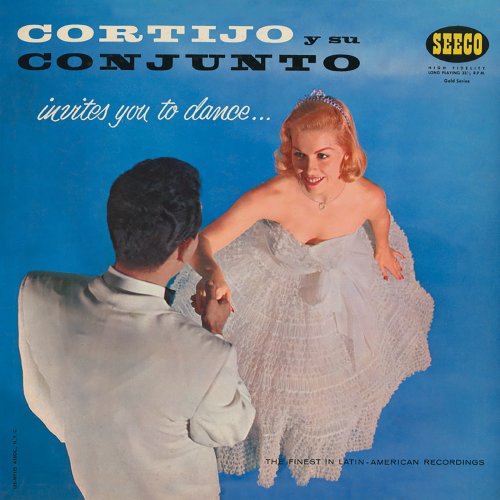Luzerner Sinfonieorchester, John Axelrod - Franz Schreker - Ausdruckstanz (2005)
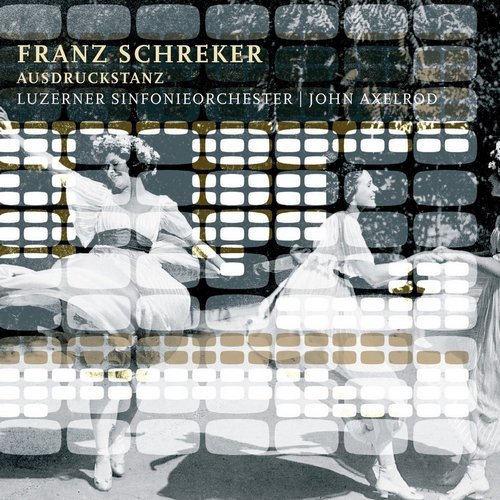
Artist: Luzerner Sinfonieorchester, John Axelrod
Title: Franz Schreker - Ausdruckstanz
Year Of Release: 2005
Label: Nimbus Records
Genre: Classical
Quality: FLAC (tracks)
Total Time: 70:51
Total Size: 313 Mb
WebSite: Album Preview
Tracklist: Title: Franz Schreker - Ausdruckstanz
Year Of Release: 2005
Label: Nimbus Records
Genre: Classical
Quality: FLAC (tracks)
Total Time: 70:51
Total Size: 313 Mb
WebSite: Album Preview
Franz Schreker (1878-1934)
01-14 Der Geburtstag der Infantin, dance-pantomime after Oscar Wilde (1908-10) [33:56]
15 Valse Lente (1908) (7:07)
16 Festwalzer und Walzer Intermezzo (1908) (7:08)
17 Der Wind for clarinet, horn, violin, cello and piano (1909) (10:26)
18- 21 Ein Tanzspiel, "Rokoko" (1908-09/1920)
I. Sarabande (3:40)
II. Menuett (2:48)
III. Madrigal (3:23)
IV. Gavotte (2:19)
Performers:
Luzerner Sinfonieorchester
John Axelrod, conductor
For listeners to whom writers Schnitzler and Hofmannsthal, painters Klimt and Schiele, and composers Schreker and Zemlinsky mean nothing, this disc, entitled Franz Schreker und Ausdrucktanz will mean nothing. But for listeners to whom these writers, painters, and composers conjure images of youthful decadence, aesthetic violence, sensual opulence, and ecstatic despair, this disc will be just the thing to top off a night of debauched delights. Containing all the extant ballet works the young Franz Schreker wrote for the sister-dancers Elsa and Grete Wiesenthal, advocates of the Viennese modern dance movement called Ausdrucktanz (Expressive Dance), the disc features sumptuous and sympathetic performances by John Axelrod leading the Luzerner Sinfonieorchester guaranteed to inflame all but the most exhausted listeners. While these are all early works -- Schreker had just turned 30 when he wrote the first of them -- they are also his first fully characteristic works and each one has that special Schreker black magic. From the glittering luxury of Der Geburtstag der Infantin -- performed in its original leaner scoring and including for the first time all the music that survives -- through the sentimental morbidity of Valse Lente, the voluptuous irony of the Festwalzer und Walzerintermezzo, the enticingly erotic Der Wind to the affectingly sarcastic Ein Tanzspiel with its parodistic sarabande, menuett, madrigal, and gavotte, the young Schreker clearly had his finger on the pulse of inchoate expressionism. The Swiss players perform with a warm, almost humid tone and a colorful, nearly shimmering sonority. The American conductor sounds as if he has the virus of the fin de siècle in his blood: his balance of beauty and brutality, of sexuality and mortality, is just right. Nimbus' sound is clear, but perhaps a little bit too analytical for Schreker's luminous music.
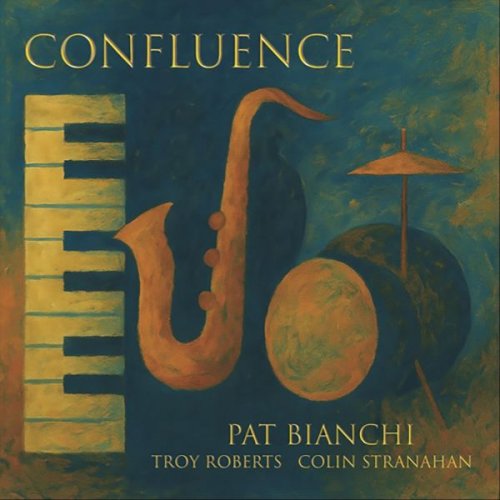
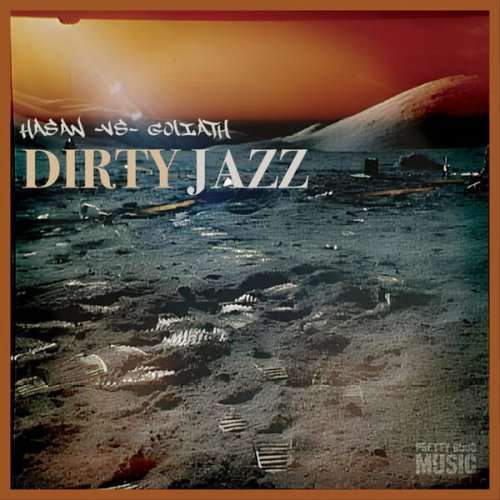
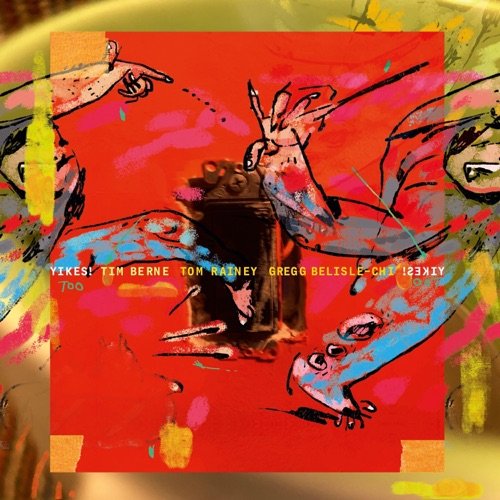

![Stefano Battaglia, Stefano Battaglia Standards Quartet - One Mile Away (2026) [Hi-Res] Stefano Battaglia, Stefano Battaglia Standards Quartet - One Mile Away (2026) [Hi-Res]](https://www.dibpic.com/uploads/posts/2026-03/1772346486_cover.jpg)
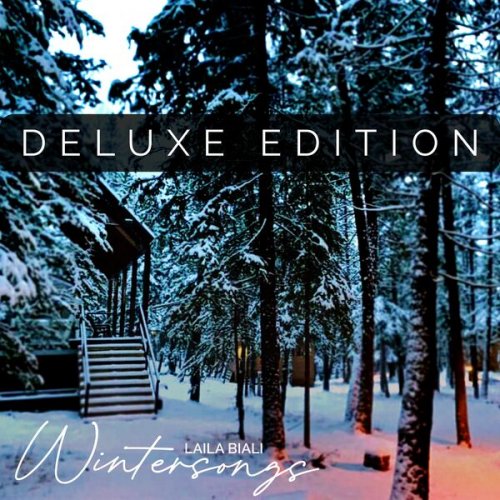

![Mehmet Ali Sanlikol - The Electric Oud Man Speaks and You Listen... (2026) [Hi-Res] Mehmet Ali Sanlikol - The Electric Oud Man Speaks and You Listen... (2026) [Hi-Res]](https://img.israbox.com/img/2026-02/28/0areq907i6p8nj96306jai1a0.jpg)
